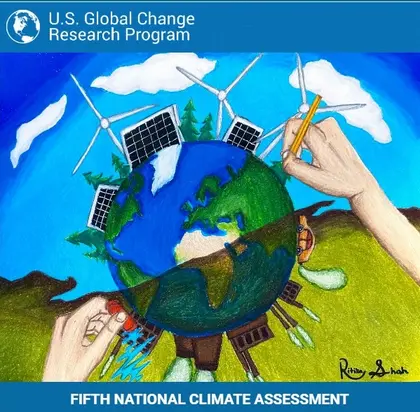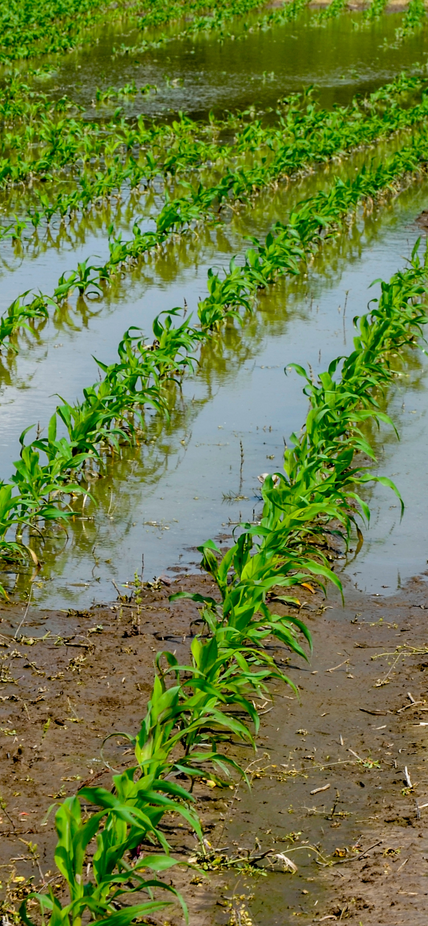Washington, DC—Carnegie’s Jeff Dukes was a co-author on the National Climate Assessment released this week, contributing to a chapter focused on climate change in the Midwest.

The document offers a broad overview of the effects of climate change around the country—which are widespread and often life-threatening or costly—as well as the various ways the U.S. is acting to reduce greenhouse gas emissions and limit future warming. It drew on the expertise of more than 500 individuals, including Dukes, and engaged thousands of stakeholders throughout the process.
“It makes clear that climate change is impacting all regions of our nation—but that communities are taking more action than ever to reduce climate risks,” President Biden said of the report in a statement. “We have to keep that action going.”
In addition to providing a national view of climate risks and mitigation efforts, the assessment also broke this information down by region to offer a more granular view to local citizens and decision-makers. No region was immune.
Focusing on the Midwest, where Dukes contributed, the report showed that climate extremes like heavy rains and heat waves are becoming increasingly common—a trend that shows no sign of abating. But there are tools already in our toolbox that we can use to make a lasting impact in the fight against climate change.
“For example, land management decisions could slow the flow of water from where rain falls to the nearest river,” Dukes explained. “If we can take actions that send more of that water down into the ground, rather than rushing across it, we could limit destructive and expensive flooding.”
The report indicated that U.S. emissions have fallen since their peak in 2007 and that mitigation efforts have increased since 2018. However, more work is needed to alter the trajectory of climate change and avoid additional hazards, including floods, fires, droughts, and more that risk human life and incur serious costs to taxpayers.
“Every day that we continue to release heat-trapping gases is a day we disrupt our climate even further,” Dukes concluded. “This most recent assessment makes it clear that every person living in the United States stands to lose something, and that we all must commit to addressing this great challenge together.”
